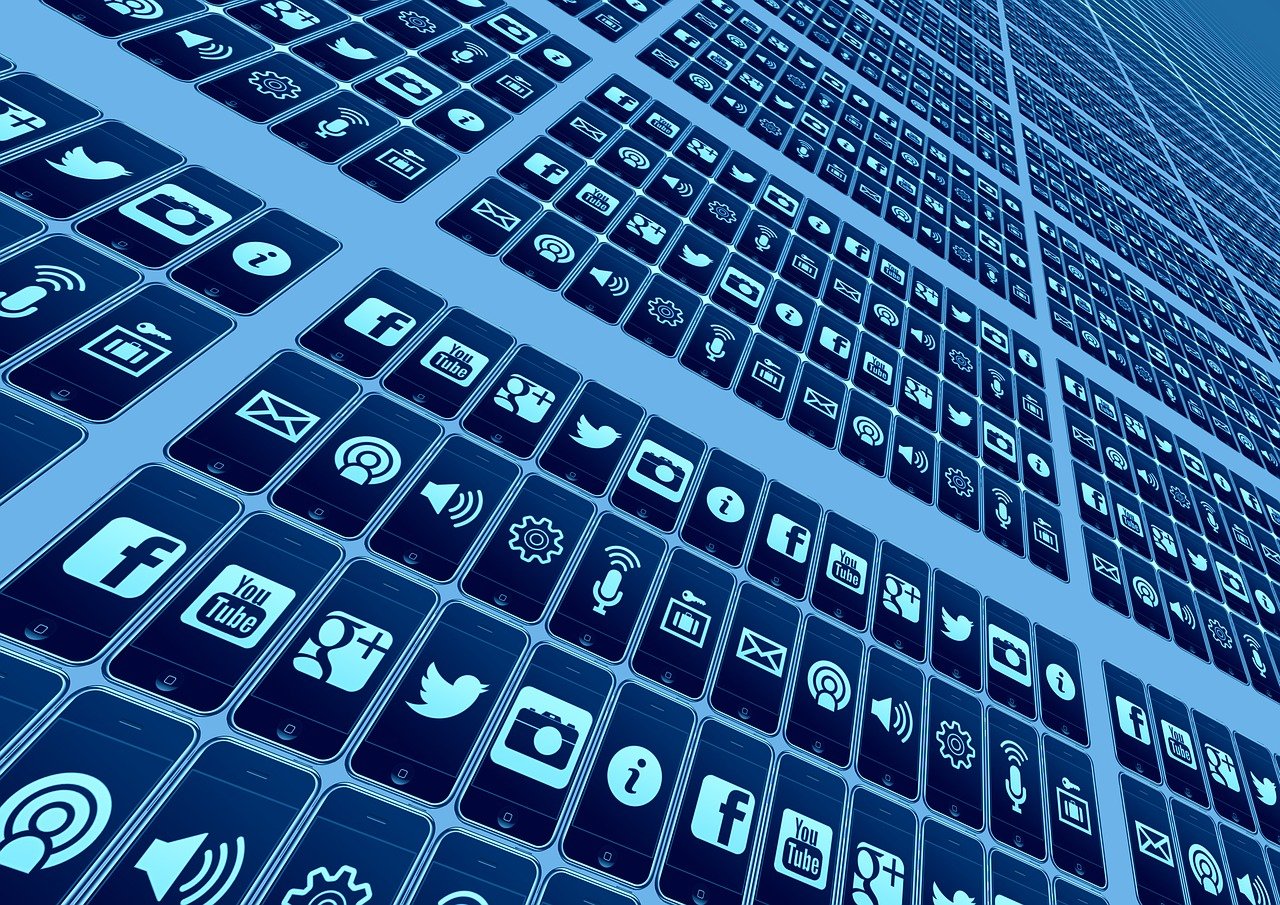
In functionality, decentralized social networks are similar to the old favorites, Facebook and YouTube; we share, view, and receive content through them. However, user privacy draws the distinction line.
Decentralized social networks give users better data security, as they run on independent servers, free from any central authority. Most decentralized media use blockchain tech or open-source software to run their programs.
Currently, the numbers are augmenting for decentralized social networks. According to StockApps.com, Odysee is the number one decentralized social media platform in 2023, with monthly active users reaching 5.3 million.
The site’s financial analyst Edith Reads comments, ” Decentralized networks have garnered significant traction over the years, becoming viable alternatives for centralized media. It’s no surprise that they are defining future tech considerations, as data privacy proves to be a major turn on for users.”
Decentralized Media vs. Centralized Media
In terms of users, decentralized networks have to put in a lot more effort to catch up to centralized media. Centralized social platforms like Facebook, YouTube, and Instagram have built up popularity over the years and have gained incredible user support. As of 2023, the three platforms have an impressive MAU of 2 billion each. Platforms like Twitter and Reddit are behind, each with roughly 500 million monthly active users.
The top decentralized social platform, Odysee, has over 5 million monthly active users in 2023. This number of users is only a tiny niche compared to popular centralized media. However, hitting the millions mark for decentralized media shows that people have taken a liking to them, which is the first step to a more diversified online space.
Steemit, built on blockchain tech, is the second most popular decentralized network, with over 3 million monthly active users. Another popular decentralized network is Mastodon, with nearly 1.2 million monthly active users and over 10 million registered users.
The Pros and Cons of Decentralized Social Platforms
The significant advantage of decentralized networks is the extra data security one gets. Data privacy has been an issue for major social media platforms like Facebook, which is facing several lawsuits concerning breaching user privacy. Data privacy is their most significant asset with decentralized platforms, drawing more users.
Decentralized networks are free from speech suppression, giving users complete control of their data. They are free speech platforms where only the poster can take down their material.
This, however, is a disadvantage at times. Free speech may promote cyberbullying and hate speech.
In a monopolized online space, decentralized social networks like Steemit and Odysee pave the future for a more diversified space. Centralized media have dominated the online community for a very long time, but in time that may change with the new government restrictions and growth of these decentralized platforms.


Question & Answers (0)